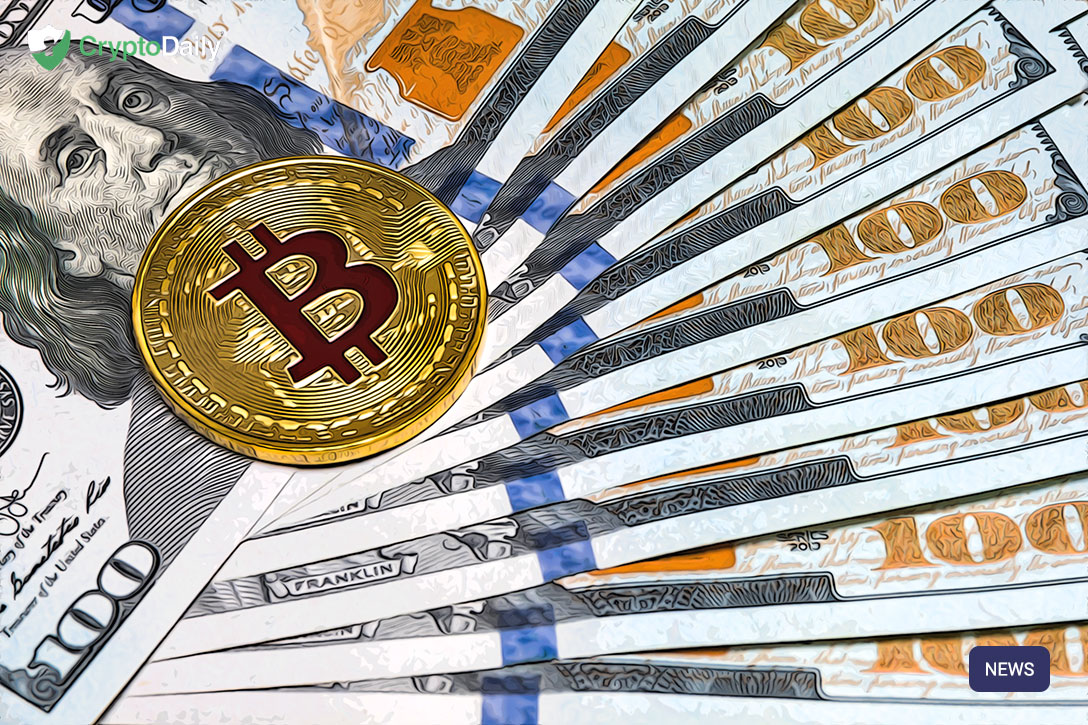Table of Contents
Economy and financial experts always like to bring up the volatility argument against the adoption of cryptocurrencies, especially Bitcoin.
Nearly every time a person previously involved in traditional financial markets gets asked about their opinion of Bitcoin, their immediate answer is that it’s not stable enough to be a viable investment.
In some sense, they are indeed saying the truth, Bitcoin is extremely volatile, which is why it’s so attractive to beginners and veteran traders. Most don’t have to wait for months or years for them to see significant returns from the investment, as the markets tend to move quite often and quite radically.
But in terms of 2008 and 2019, the Bitcoin volatility has been slightly on the low end, meaning that there were no serious spikes to speak of, besides that one point where the crypto reached around $14,000 but corrected shortly thereafter.
In this article, I’d like to showcase several fiat currency pairs that were either as volatile as Bitcoin, slightly less volatile, or even more volatile in 2019.
There are quite a lot of them, but let’s focus on the more “popular” currencies if we can.
The British Pound
The GBP has been quite volatile ever since their decision about Brexit was announced. And by volatility, I mean that the currency has been going downhill, only resurging a little bit once the government was having trouble making decisions whether or not the decision should actually go through.
Even today, the UK parliament is struggling to make a definitive decision on how the UK will exit the European Union, and whether they will exit or not. What we know is that the EU is tired of postponing this decision, but they get better and better leverage the longer the UK fails to come up with a plan.
This failure to come up with a plan has led to the GBP declining to a point where it’s nearly as valuable as the Euro, and we all know that GBP was once considered one of the most stable, reliable and strong currencies in the global economy.
Now though, dozens of banks are trying to relocate outside of the country, while taking quite a hefty sum in the capital with them. The volatility index shows around 3% volatility for a 30-day framework in 2019 alone.
With BTC, the estimate for the last 30 days was around 3.49% and the next 30 days is around 4.21%.
The Turkish Lira
The Turkish Lira has been having a tough time as well, ever since the “coup” that nearly took over the country several years ago. Many believe that the country’s current government is authoritative and does not follow Turkey’s almost century-old Ataturk model.
With that model, Turkey was focusing on developing the economy and increasing the overall democracy in the country. Since President Erdogan solidified his position after the coup attempt, the Turkish Lira has been going downhill relative to the USD.
In fact, there were thousands of Turkish citizens fleeing to cryptocurrencies in order to somehow protect themselves from inflation, or at least purchasing property and investing via USD while there was still time.
In 2019 though, the status quo stabilized just a little bit, but compared to other fiat currencies the Turkish Lira was still has a much higher volatility index of 6%. As already mentioned in the paragraph talking about the GBP, Bitcoin’s volatility index was around 3% in the last 30 days.
This puts the Turkish Lira way above Bitcoin in terms of volatility. Furthermore, considering that Turkey is a massive trading hub between the East and the West, the volatility was extra confusing considering the amount of foreign currency that is funneled inside of the country.
New Zealand Dollar
The New Zealand Dollar will most likely be classified as the most volatile currency in the world after its inflation report.
According to a Forex news outlet Forexbonuslab.com, The currency has been bankrupting and enriching all at the same time, as traders enter the market with highly leveraged trades in the hopes of catching a slope or a spike.
The volatility index in the last thirty days was recognized to be around 7-8% which is way above what Bitcoin has been going through lately.
Considering the fact that the government of New Zealand is now considering crypto salaries as the common, lawful practice is a great indication of how much more stable cryptocurrencies are becoming for this market.
Overall, in this part of Oceania, Bitcoin is definitely a winner in terms of stability.
Will these figures stop the criticism?
The criticism will most definitely not seize because of these figures simply because multiple experts still see Bitcoin as a bubble, an asset without anything supporting it when in reality, it’s the biggest supported asset there is.
There are millions of people that agree on the value of Bitcoin every single day and help move the market. This is exactly the same with fiat currencies. The only difference is that the decentralized nature of cryptocurrencies makes it more volatile, as the market is usually divided 50/50 between the bulls and the bears. Whenever one side loses the other wins without a doubt.
This is the nature of any financial market and will continue to be so in the future.
Investment Disclaimer






